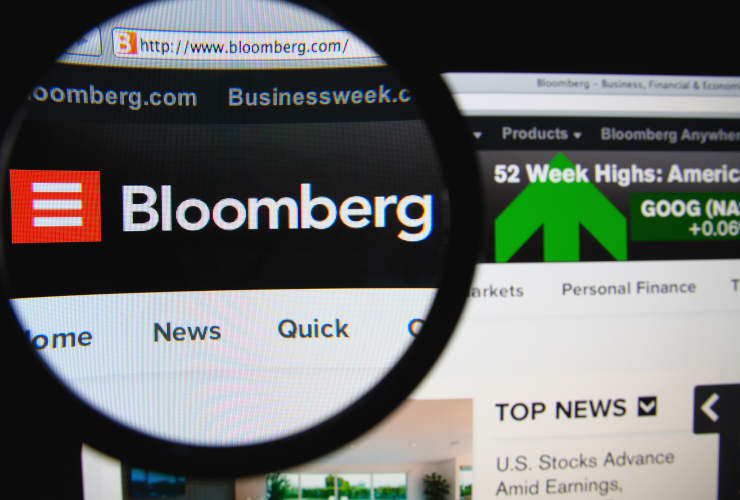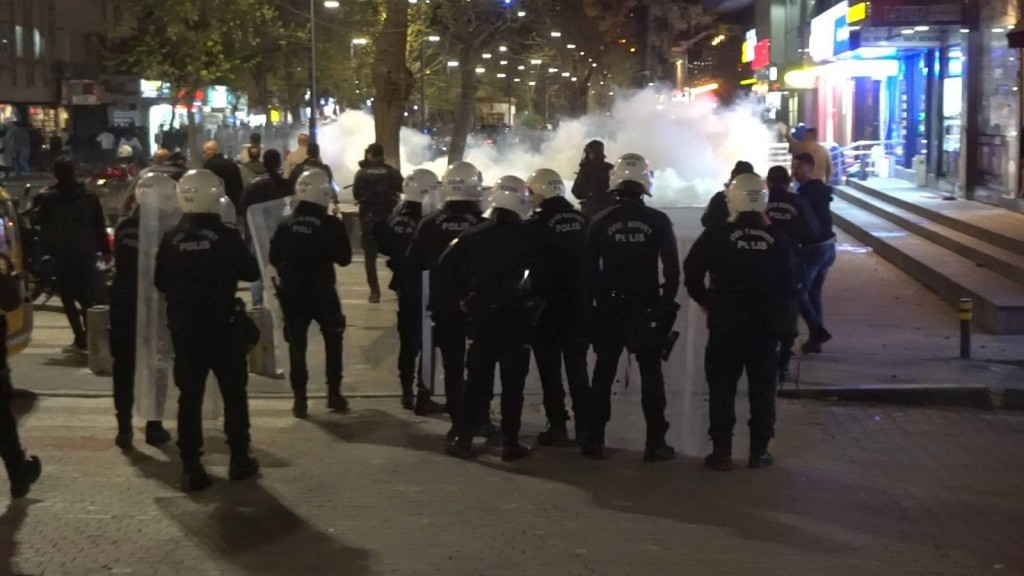The International Press Institute (IPI), a global network of editors, media executives and leading journalists for press freedom, called today on Turkish authorities to drop all charges before tomorrow’s hearing against six business journalists and columnists who are being prosecuted for reporting on the sudden drop in the country’s currency in summer 2018. The trial will take place on October 23, Friday at 10:00 am Istanbul time.
At the start of 2018, 1 USD equalled 3.87 Turkish lira. However, in August the rate dropped to 1 USD to 7 Turkish lira due to political and economic instability.
Six journalists of various news outlets – Bloomberg reporters Kerim Karakaya and Fercan Yalınkılıç; economist and HALK TV programme host Mustafa Sönmez; TELE1 Editor-in-Chief Merdan Yanardağ and programme host Sedef Kabaş; and SolHaber news portal columnist Orhan Aydın – who reported on the sudden drop were later charged with undermining Turkey’s financial stability under the Capital Market Law. They face up to five years in prison.
The charges are based on a complaint filed in June 2019 by Turkey’s Banking Regulation and Supervision Institution (BDDK).
Bloomberg journalists Karakaya and Yalınkılıç are being prosecuted over an article published on August 10, 2018, reporting on the impact of the Turkish lira’s sudden loss of value and how Turkish banks are responding to it. The other four journalists and columnists – Sönmez, Yanardağ, Kabaş and Aydın – are charged in connection to their reactions and comments on social media and columns to the currency shock.
“This appears to be a politically motivated case designed to punish journalists who reported on the Turkish lira’s drop in value, a topic the Turkish government would rather not discuss but which is of obvious public interest”, IPI Deputy Director Scott Griffen said. “It is a reminder that journalists who cover any topic in a manner contrary to the official line in Turkey risk jail time.
“We call for all charges to be dropped without delay against the six defendants, who work for respected media outlets and who were simply doing their jobs.”
The trial came after President Erdoğan openly targeted those who had reported or commented on the “economic crisis” in a speech during a March 2019 election rally, saying that “those who are trying to fluctuate the value of foreign currency will pay a heavy price of these provocative actions’’ and noted that BDDK had already taken some legal initiatives on the matter.
The prosecutor’s office ultimately filed an indictment against 38 defendants, including the six journalists, which was accepted on June 14, 2019, by Istanbul 3. Criminal Court of First Instance. The exact charge is attempting “to undermine Turkey’s economic stability, spreading misinformation, false and fake news, publishing news, reports and commentaries in order to affect investors’ decisions and to financially benefit from it’” according to the Capital Market Law No:107/2.
During the first hearing on September 20, 2019, Bloomberg journalist Kerim Karakaya stated the trial was a tragic comedy. He emphasized that they had done their jobs as journalists and that they had an obligation to inform the public.
This trial is one of many examples of the ongoing trend to silence journalists covering sensitive issues in Turkey, including economic affairs.
Like many other Turkish state institutions, BDDK is viewed as being instrumentalized by the government to crackdown on press freedom and freedom of speech in the country. Former Fox Tv anchor Fatih Portakal, who is currently being tried for violating the Banking Law, is another example of journalists targeted by BDDK, which filed a complaint over Portakal’s commentary on social media about a national donation campaign initiated by the government to fight against the financial difficulties during COVID19 pandemic. BDDK is seen as playing a significant role in state’s capture of public (and nominally independent) institutions, together with Radio and Television High Council (RTÜK), Press Advertising Agency (BİK) and Information Technologies and Communications Directorate (BTK), to undermine the free speech.





